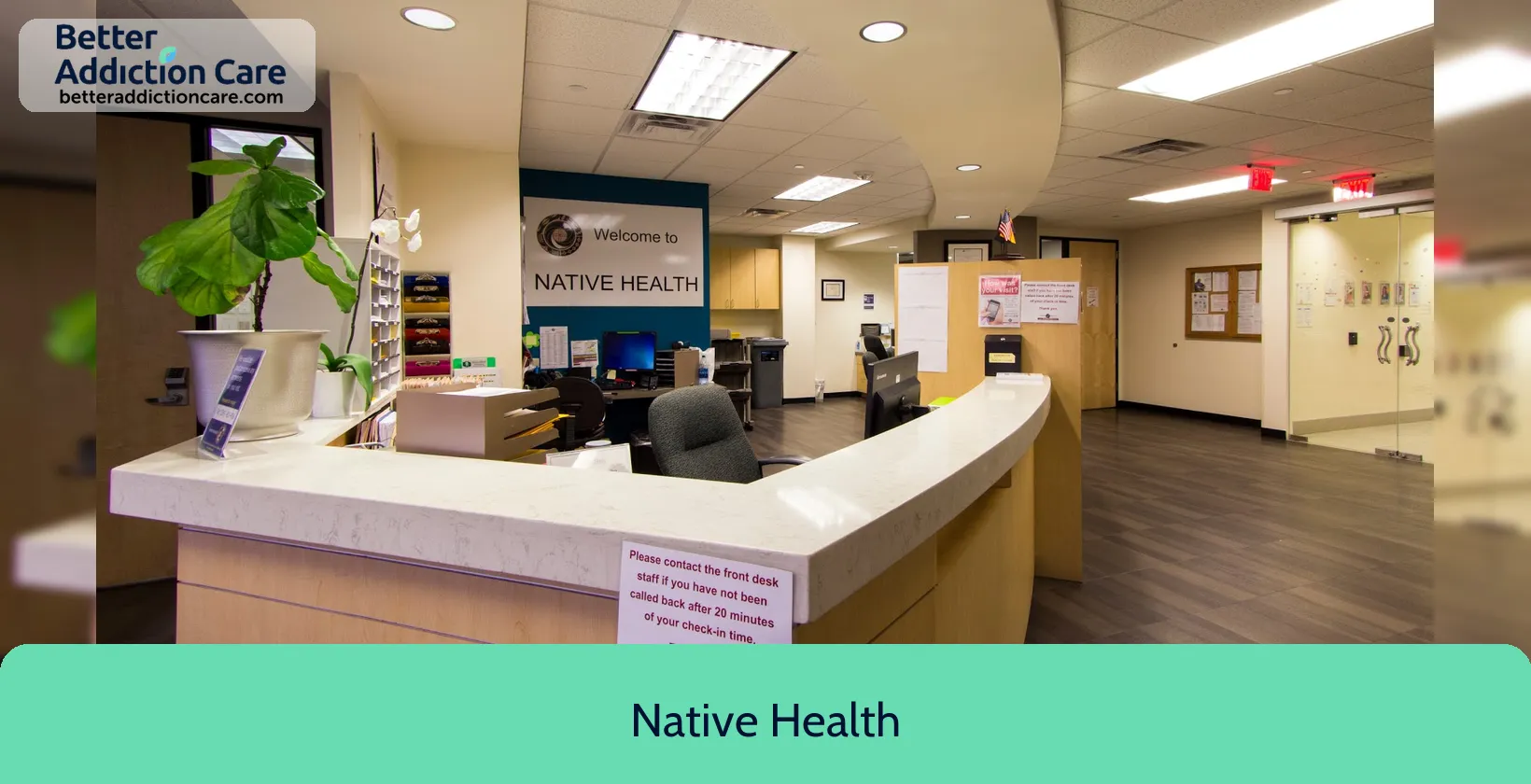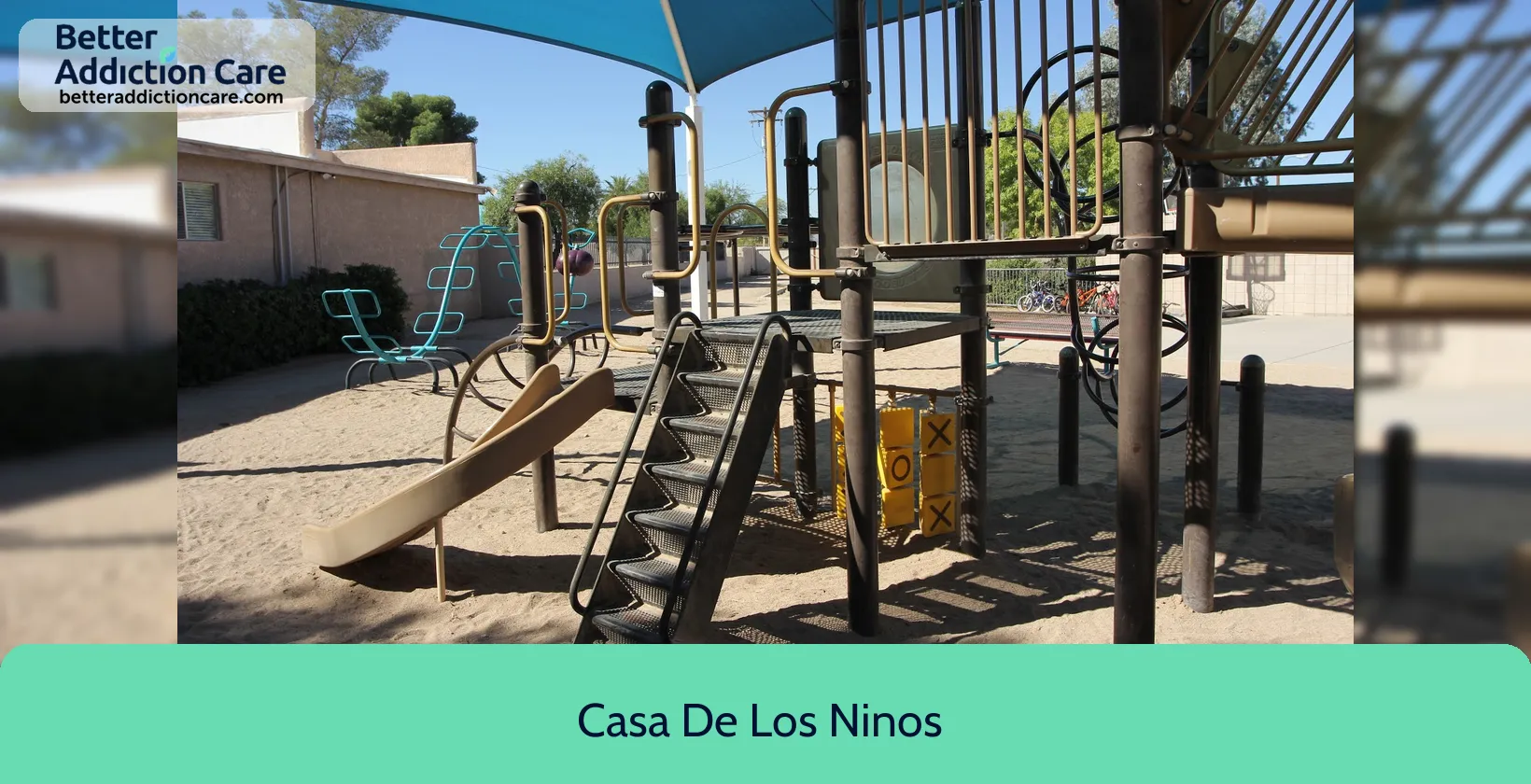Answering The Question: Can You Overdose on Sleeping Pills?
Sleeping pills -which are also known as sedative-hypnotics- are drugs that are meant to help people who have trouble sleeping, like insomnia. These drugs make you sleepy by calming down your central nervous system. They also allow you to fall asleep and stay asleep. There is a large selection of sleep pills available, such as benzodiazepines like Diazepam, nonbenzodiazepine sleep pills like Zolpidem, and melatonin receptor agonists.

Usually, people should take these drugs for a brief period. If they are used for an extended period, though, there is a risk of dependence and addiction while also observing reduced efficacy. It is important to use prescription sleep medications only under the strict supervision of a medical expert.
Sleeping pills are usually suggested as a last resort once other non-drug treatments like cognitive-behavioral therapy for insomnia (CBT-I) have been tried. Following the recommended dosage and timing before going to sleep is important. Also, for a few hours after taking the drug, it's best not to do anything that requires your full attention, like driving.
An important characteristic of sleeping pills is that you are not supposed to stop taking the prescription suddenly, especially if you have been taking it for a long period since you could develop withdrawal symptoms; this is why tapering is recommended. Also, you should avoid alcohol and other substances that depress the central nervous system so as not to have side and dangerous effects.
I invite you to read on to find out what sleeping pills are, how they work, their potential side effects, and how to avoid overdosing.
What are The Benefits of Sleeping Pills?
Sleeping pills have proven benefits. They can help you manage insomnia and improve the quality of your sleep by speeding up sleep onset, lowering nightly awakenings, and extending sleep length. Medical experts should prescribe and oversee sleeping drugs. Situational insomnia brought on by stress, travel, or other sleep disruptions may benefit from this treatment.
Sleeping pills can help you increase the quality and quantity of sleep, therefore enhancing daily alertness and performance. Remember that good sleep depends on cognitive ability, physical health, and mental clarity. Proof of this is that these medications can help you sleep more, which improves focus, memory, and emotional stability, all of which are vital for daily activities and output. When starting this treatment, those who lack sleep find it easier to resume their normal life.
Early on in treatment, sleeping pills provide patients with brief relief while they concentrate on long-term changes to their sleeping schedules. For early phases of CBT-I, for example, sleeping medications can help patients get enough sleep, enhancing their sensitivity to and capacity for therapeutic activities and behavioral modification; these drugs are a good tool for bridging the gap between transient relief and continuous improvements in sleep quality.
Are Sleeping Pills Dangerous?
Sleeping pills can be harmful, especially when not taken as advised. While they are useful for short-term treatment of insomnia and other sleep problems, the dangers associated with their use are high and are resumed as:
Dependency and Tolerance
The possibility of becoming addicted to sleeping medications is a serious issue. Many people who take sleeping pills on a daily basis may develop a psychological or physical dependence on them, rendering them unable to sleep without the medication. Over time, users may build tolerance and require higher dosages to get the same sedative effect. This pattern can be difficult to stop, resulting in long-term reliance on the prescription.
Side Effects and Interactions
Sleeping medications can induce a variety of side effects, such as dizziness, daytime sleepiness, confusion, diarrhea, constipation, and decreased coordination, which increases the risk of falls and accidents, among others. Some new sleeping pills, like Zolpidem, have been linked to risky habits like sleepwalking, sleep driving, and doing things while only partially awake. Most sleeping pills have interactions with alcohol and other drugs that slow down the central nervous system. These mixtures can make the sedative effects of these drugs stronger, which could slow breathing and cause other serious problems.
Risk of overdose
Overdose is a serious risk connected with sleeping pills, particularly when taken in large quantities or in combination with other depressants. Overdose symptoms may include excessive drowsiness and confusion, as well as respiratory failure, coma, and death. The CDC reported a high frequency of overdose deaths with benzodiazepines, a prevalent family of sleeping medicines that are frequently combined with opioids. Sleeping tablets should only be used under proper medical supervision, at specified doses, and not combined with other sedatives. It is important to highlight that in case of an overdose, you should immediately call 911 to get immediate assistance.
What are the Probabilities of Overdosing?
The danger of overdose on sleeping drugs, while variable, is impacted by numerous critical factors, as evidenced by several alarming statistics. According to the Centers for Disease Control and Prevention (CDC), benzodiazepine overdoses increased by 23.7% from 2019 to 2020, many of which were combined with opioids. The concurrent use of various central nervous system depressants poses a significant risk of death and other health-related complications.
Furthermore, according to research from the National Institute on Drug Abuse (NIDA), around 14% of opioid overdose deaths in 2021 included benzodiazepines, highlighting the substantial danger of polydrug use. Similarly, nonbenzodiazepine sleep aids, such as Zolpidem, have been linked to overdoses.
For example, emergency department visits for Zolpidem climbed considerably from 2005 to 2010, from 13,000 to 42,000 per year, according to the Substance Abuse and Mental Health Services Administration (SAMHSA).
Sleeping pills overdoses are a problem not just in the setting of misuse or polydrug use but also during therapeutic usage, particularly in vulnerable groups. Older people, for example, are at a higher risk due to polypharmacy and age-related changes in drug metabolism. A study published in the journal Plos One in 2015 discovered that people over the age of 65 who were administered benzodiazepines had a greater incidence of falls and fractures, which can be indirectly linked to overdose, which is very weird in these patients, and the overall sedative effects of these drugs, which is very common.
Sleeping pills should be used as prescribed, at the proper dosage, and not combined with other depressants. Regular discussions with healthcare practitioners are required to monitor the medication's safety and effectiveness, making any necessary modifications to reduce the risk of overdose. Public health activities aiming at teaching people about the dangers of inappropriate use and the need for safe medication practices will also help to reduce the number of sleeping pill overdoses.
What Are the Probabilities of Becoming Addict?
Statistical evidence suggests sleeping pill addiction, especially to benzodiazepines, is a major concern. According to the Substance Abuse and Mental Health Services Administration (SAMHSA), 4.8 million people misused benzodiazepines in 2019. Misusing medication without a prescription greatly increases the risk of dependence and addiction.
Long-term benzodiazepine use can cause drug dependence. Many studies have shown that, in a considerable number of users, benzodiazepines can cause dependency after long use. The person depends greatly on the medicine, both physically and emotionally. Hence, it could be tough to stop using it without having withdrawal symptoms.
Nonbenzodiazepine sleep aids, such as Zolpidem (Ambien), may lead to dependency if used for an extended period. In the book Meyler’s Side Effects of Drugs 16th edition, it was described that in a population study in the Canary Islands, 47% of patients treated with benzodiazepines developed dependence in one month.
Individual vulnerability also influences addiction risk. Substance abuse, mental disease, chronic stress, and heredity all increase risk. Understanding these risks, adhering to prescribed dosage guidelines, and seeking nonpharmacological treatments when necessary will lessen the possibility of sleeping pill addiction. Regular healthcare provider monitoring can detect early dependence and allow timely intervention to improve recovery and reduce harm.
Is it Possible to Overcome Sleeping Pill Addiction?
Conquering dependence on sleeping pills can be a difficult journey, but with the proper strategy and assistance, it is within reach. Medical detoxification is commonly the initial phase, enabling individuals to safely withdraw from the medication while effectively managing withdrawal symptoms under the close supervision of medical professionals. Gradually lowering the medicine can help relieve discomfort and reduce the likelihood of having severe withdrawal symptoms.
Behavioral therapies, such as cognitive-behavioral therapy (CBT), are essential for addiction recovery. These therapies help people address the underlying reasons for their addictions and create appropriate coping techniques to avoid relapses. Support groups such as Narcotics Anonymous (NA) and SMART Recovery provide ongoing peer support and encouragement, reinforcing good behavior change and establishing a feeling of community throughout the recovery process.
Significant lifestyle adjustments are required to recover from a sleeping medication addiction successfully. People who follow a comprehensive treatment plan that addresses both the physical and psychological aspects of addiction can achieve long-term recovery and regain control of their lives.
Related Articles
Treatment Centers in Arizona
 123
123
 123
123
 123
123





